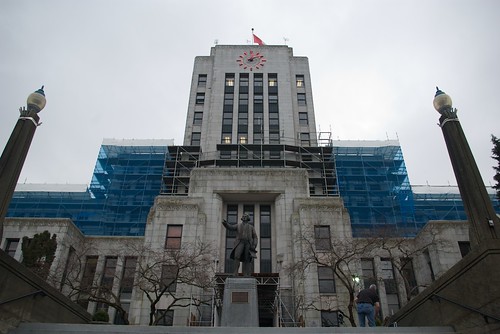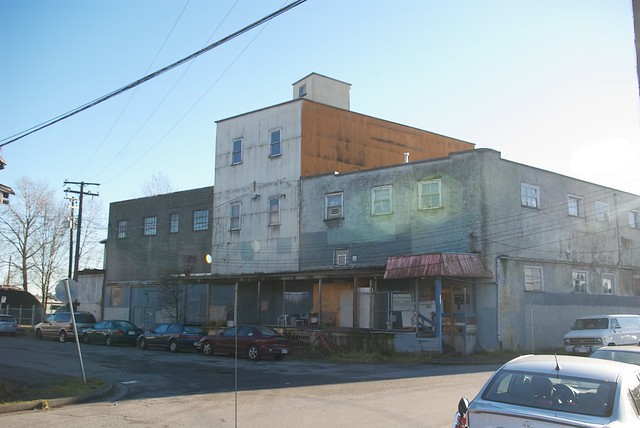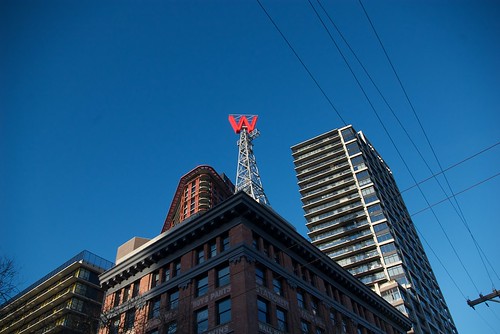This month City Hall passed a policy on upzoning the full length of Cambie Street, thereby lining the pockets of developers and speculators. This was no easy task: it required that the Planning Department devise and implement a ‘consultation’ strategy to preempt, co-opt and neutralize resident organizations.
There are many reasons residents might oppose top-down free-market gentrification of their neighbourhoods. Some will be shaded out, some priced-out, while others are faced with more complicated dilemmas. For example, when a bungalow is upzoned to accommodate 12-storey towers, the land value multiplies, but so too do the property taxes, leaving the owner no option but to sell-out to developers trying to consolidate lots. While some home-owners may have legal recourse, residential or commercial tenants have no hope.
Planning has progressed slightly since 19th century Paris, where the younger Napoleon would send in the army to secure and build proto-planner Baron Haussmann’s corridors without a modicum of commune consultation. Today Gregor sends in Toderian to consult corridor residents and secure community buy-in – a useful stamp of approval. To this end, City Planning collaborated with concerned residents to form the Riley Park South Cambie (RPSC) Visions Group, which began consulting area residents about their aspirations and concerns.
However, it turned out that Vision Vancouver was not interested in the visions of this ‘Visions group’, as the visions were pre-determined. Norm Dooley, one of the most active members of the RPSC told The Mainlander: “The Stage 2 process started with a pre-determined set of outcomes and did not vary significantly from its stated goals. There was no room for alternative ideas.”
The City supported the RPSC Vision Group so long as it funneled information in one direction – from the City to residents. But once RPSC began collecting feedback, criticisms, or (heaven forbid) visions, the City was less supportive. According to Norm Dooley:
The opening stage of public meetings that provided information was straight forward enough, but the Riley Park South Cambie Visions Group had to exert pressure to be allowed a presence at those sessions with our information on the larger picture of growth in the immediate area beyond the strict physical definition of the Cambie Corridor (Heather to Manitoba Streets). This made it seem that the Planning Department did not want the public to grasp just how much change our area is in for.




